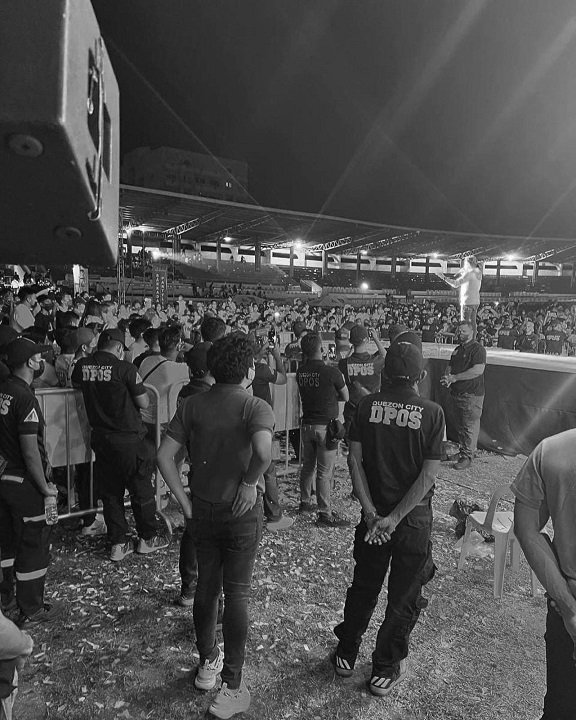
Bran Ferrer Reluao, a digital political strategist and chief executive officer (CEO) of the digital agency Authority Asia, narrates how the social media became a very great tool for politicians during the recent 2022 national and local elections.
“The recent May 2022 national and local elections was the first election in the country to be held under global pandemic. This pandemic paved the way for social media to become a very more important tool for political candidates, hence with the limitations and restrictions on ground works or the traditional campaign, everything and everyone went digital,” shares Reluao, who is also the CEO of consulting agency BranReluao & Associates.
Apparently, social media instantly became an avenue where politicians communicate their campaign messaging.
“This is where they share very important information, where they directly talk to their target voters, they appeal to the young voters and even hold online campaign rallies via Facebook Live,” says Reluao.
While there are different ways of utilizing social media and strategies that could be implemented through it, Reluao highlights the power of Facebook Live during the last election.
“Facebook Live gave a way to have an intimate connection between the politician and the target voters. If they cannot attend the rallies, politician can broadcast the rally via FB live and those people at work or at home now can listen and even engage in the rally,” he explains. “As digital and political strategist, I could say that Facebook Live has become one of the features that politicians should utilize more if they want to get the brand love.”

Another strategy he points out is the development of a politician’s social media branding. Reluao explains that social media branding defines the politicians’ color that is prominent in the people’s visuals.
“It also includes the hashtag that represent to his or her cause or advocacy,” he says. Reluao also commends the use of social media community and influencers.
“These are the people that supported or endorsed the politician, where they harnessed their followers into their following as well. While there’s no study that it will convert to votes, however it creates a perception,” he shares.
“With the use of social media, candidates were able to humanize themselves, which in fact became more appealing to the mass,” he explains.
However, social media is not just a platform wherein candidates and their social media managers post about their campaign messaging or campaign videos. According to Reluao, a deep-dive into social media was very necessary and this is the part where a digital and political strategist like him comes in.
“A deep-dive is needed so that we get the insights and with the use of third-party analytics, we could be able to understand better the target voters,” he explains. “We get the demographics, understand the behavior and interest of our target voters via social media. There are lot of tools and analytics that could provide us a comprehensive study about the target market. So social media is more sophisticated than ever.”
“With the proper guidance of insights and analytics, we create content–for example a campaign video–that will appeal to a certain segment of voters. In addition, there’s advertisements in every digital platform wherein it gives the power to a political candidate to narrow and target a certain segment of audience. If we just want to talk to a certain group of audience or this content will be visible only to them, that’s actually possible,” Reluao says.
Reluao concludes that social media can actually shape and define the reality of a certain individual, in terms of decision-making.
“With the use of social media, the narrative or the story that these candidates wanted people to believe in could be controlled, especially when they know how algorithm of every platform works,” he stresses.

